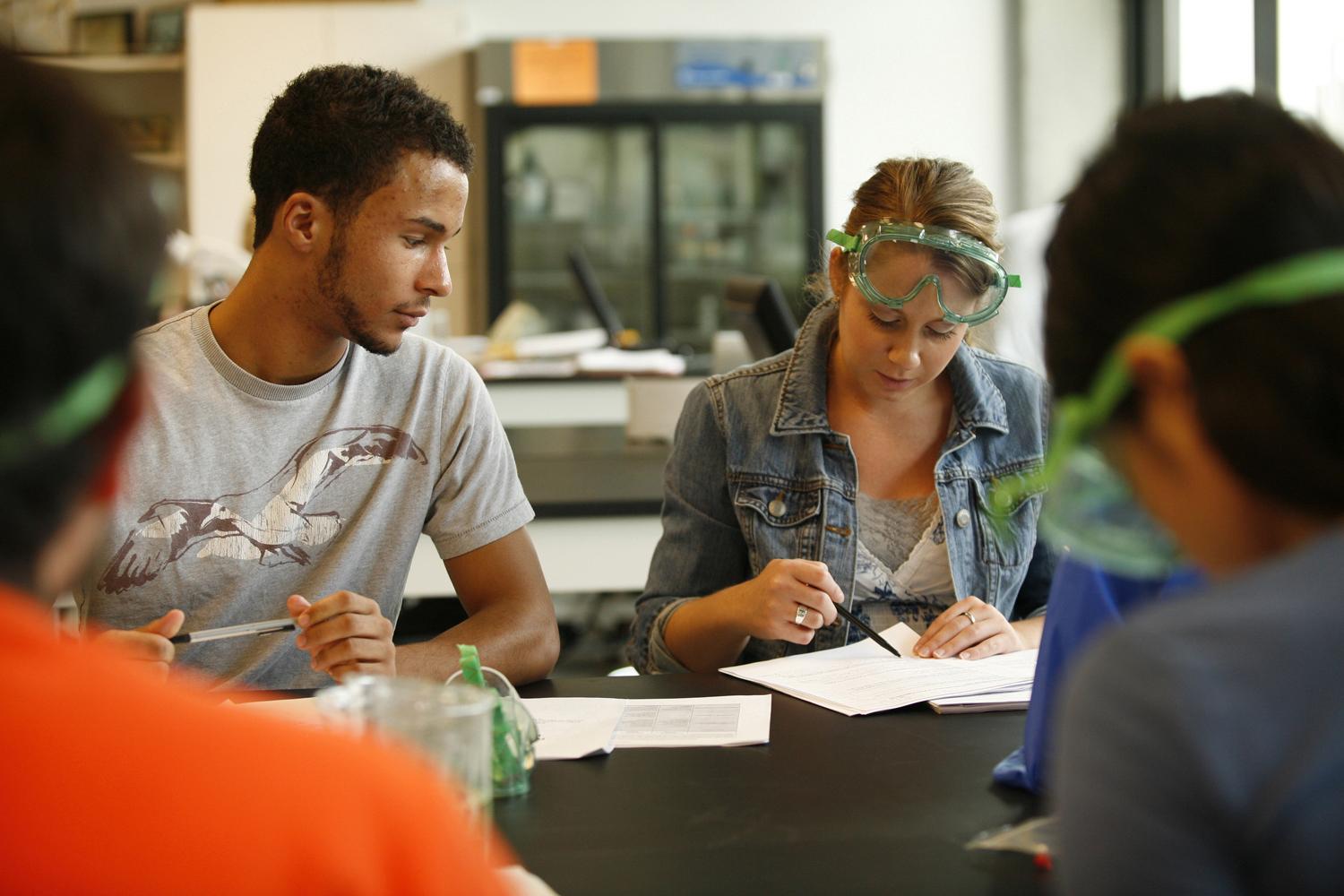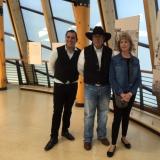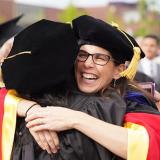Tomback edits Biodiversity and Conservation in Forests
Biodiversity and Conservation in Forests, edited by Integrated Biology Professor Diana F. Tomback (MDPI Books). This Special Issue of the journal Forests explores the unique biodiversity supported by forest communities, how forest communities are rapidly changing, and conservation approaches to preserving forest biodiversity.
Buma publishes on adapting to fire
Brian Buma, Assistant Professor of Integrative Biology, recently co-published Integrating subjective and objective dimensions of resilience in fire-prone landscapes in BioScience. Managing and responding to fires is both an ecological and a sociological problem, and requires an integrated look at social-ecological systems in a truly holistic way. This publication unites traditional disturbance/fire ecologists with sociologists in a team effort to unite the disciplines and provide a way forward for communities who need to adapt to fires in their midst.
Swallow publishes on sex difference in aggression
John G. Swallow, Professor and Chair of Department of Integrative Biology, recently co-published Sex differences in aggression: Differential roles of 5-HT2, neuropeptide F and tachykinin. Despite the conserved function of aggression across taxa in obtaining critical resources such as food and mates, serotonin’s (5-HT) modulatory role on aggressive behavior appears to be largely inhibitory for vertebrates but stimulatory for invertebrates. However, critical gaps exist in our knowledge of invertebrates that need to be addressed before definitively stating opposing roles for 5-HT and aggression. Specifically, the role of 5-HT receptor subtypes are largely unknown, as is the potential interactive role of 5-HT with other neurochemical systems known to play a critical role in aggression.
Leo Bruederle publishes in Molecular Ecology
Although highly controversial, the existence of small in situ glacial refugia in northern Europe has only recently gained molecular support. Leo P Bruederle (professor emeritus, Integrative Biology) recently co-authored a paper in Molecular Ecology providing genomic evidence for in situ glacial survival of Carex scirpoidea, the Canadian single-spike sedge, in Scandinavia. Carex scirpoidea is an amphi‐Atlantic arctic–alpine sedge that is widely distributed in North America, but absent from most of Eurasia, apart from three extremely disjunct populations in Norway, all well within the limits of the Weichselian ice sheet.
Westergaard, KB, S Fior, LP Bruederle, HK Stenøien, N Zemp, and A Widmer. 2019. Population genomic evidence for plant glacial survival in Scandinavia. Molecular Ecology. http://dx.doi.org/10.1111/mec.14994
Buma publishes on forest carbon map
Assistant Professor of Integrated Biology Brian Buma and Thomas Thompson (of the US Forest Service) recently published the first spatially explicit map of carbon in one of the densest forests in the world - the coastal rainforests of Alaska (Long-term exposure to more frequent disturbances increases baseline carbon in some ecosystems: Mapping and quantifying the disturbance frequency-ecosystem C relationship. PLoS ONE 14(2): e0212526). The largest National Forest, and one of the last wild places in the United States, it is a true national resource for carbon sequestration. Estimates of total carbon place the region as one of the most carbon-rich regions on the planet, but dynamic - with wind and landslides driving differences on the ground. This work illustrates the value of forests to our national and international carbon strategy, as well as the need to consider the dynamics of those systems in a changing climate.
Brian Buma publishes on Wiley.com
Emergent freeze and fire disturbance dynamics in temperate rainforests
The coastal temperate rainforests of South and North America are part of the most biomass dense forest biome on the planet. Here, we compare and contrast Southern and Northern Hemisphere coastal temperate rainforests of the Americas, two of the largest examples of the biome, via synthesis of current literature, future climate expectations and new downscaling of a global fire model. In terms of snow loss, a rapid decline in winter snow is leading to mass mortality of certain conifer species in the Northern Hemisphere rainforests. Southern Hemisphere forests are seeing the invasion of fire as an ecological force at mid‐to‐high latitudes, a shift not yet observed in the north but which may become more prominent with ongoing climate change. We suggest that research should focus on the flammability of seral vegetation and bogs under future climate scenarios in both regions. By comparing these two drivers of change across similar gradients in the Northern and Southern Hemispheres, this work points to the potential for emerging change in unexpected places in both regions.
Phiel honored with special publication
Associate Professor of Integrative Biology Christopher Phiel (and colleagues) paper "Glycogen synthase kinase-3 (GSK-3) regulates mRNA methylation in mouse embryonic stem cells," has been awarded the honor of being featured in a special virtual issue of the Journal of Biological Chemistry (one of the top scientific journals in biochemistry for over 100 years) on Pluripotency and Regulation and Differentiation. This publication will compile the papers published in JBC from 2016-2019 that were deemed to have been the most exciting advances in stem cell biology.
Alan Vajda advises you think before you eat fish from the South Platte
Integrative Biology Associate Professor Alan Vajda is one researcher who said there’s more to consider before eating fish from the South Platte. “Mercury is far from being the only concern to fish health,” he said. “Even if wastewater treatment plants were doing everything they could do to remove 100 percent of 100 percent of chemicals, there would still be a problem.”
Denver's South Platte Has Plenty Of Fish. Think Hard Before You Put One In Your Mouth
Colorado Public Radio, June 3
Brian Buma publishes on resilience in fire-prone landscapes
The recent paper Integrating Subjective and Objective Dimensions of Resilience in Fire-Prone Landscapes (BioScience, Volume 69, Issue 5, May 2019, Pages 379–388), combines the expertise of land managers, fire scientists, and sociologists evaluating the best way to manage and think about resilience in an increasingly flammable world.



